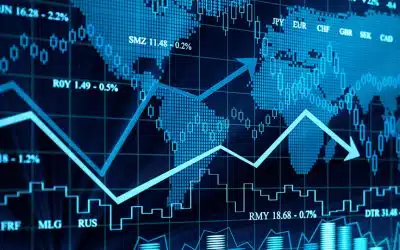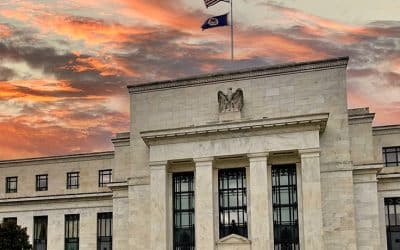The Spanish economy continues to improve but investment is a problem

Redacción Mapfre
Growth forecasts for the Spanish economy continue to improve. This week it was announced that national GDP grew by 3.4 percent year-on-year in the first nine months of the year, thanks especially to internal consumption and tourism. “Spain is leading European GDP growth, and interestingly, the forecasts continue to improve almost week after week,” says Alberto Matellán, chief economist at MAPFRE Inversión.
But not everything is as good as it may first seem: investment data fell 0.9% compared to the previous three months after three consecutive quarters of growth. "Investment is what determines long-term growth and productivity. Although the economic situation is very good, the longer-term structural situation needs to be improved," says Matellán.
This week also saw growth data for the eurozone, which grew by 0.9 percent year on year, and for other countries such as Germany, which dodged the recession bullet this quarter.
Matellán pointed out that growth was better than expected in Germany, where figures remain low, but they were expected to be worse. “From an economic point of view, Germany's production structure is facing a very strong paradigm shift,” he said. "Up to now, the country's economy, which is highly industrial and based on the creation of capital goods and heavy goods, has worked very well, especially in terms of exports. The situation has now changed because there is lower external demand and greater competition."
He also points out that Germany’s growth “is not something that can be resolved by interest rates” and believes that GDP declines have already bottomed out, but “a much more powerful change is needed.”
US elections
Investors are also keeping an eye on the US elections, with voters going to the polls on November 5. The chief economist at MAPFRE Inversión says that elections tend to cause short-term volatility in markets, but what is interesting is the change in the country's economic paradigm.
"The way its leaders think has changed a lot in recent years: the United States has gone from being a tremendously open economy actively seeking free trade to a more closed-down, protectionist economy, a model defended by both Democrats and Republicans alike”.
Public debt and the ballooning deficit are other important elements, but the two main parties don’t seem to hold distinct positions on these issues either "What I always recommend when dealing with these events is not to worry. If the new government implements measures, we’ll analyze them. Now we can only wait and see. Being patient is the best course of action" he concludes.



